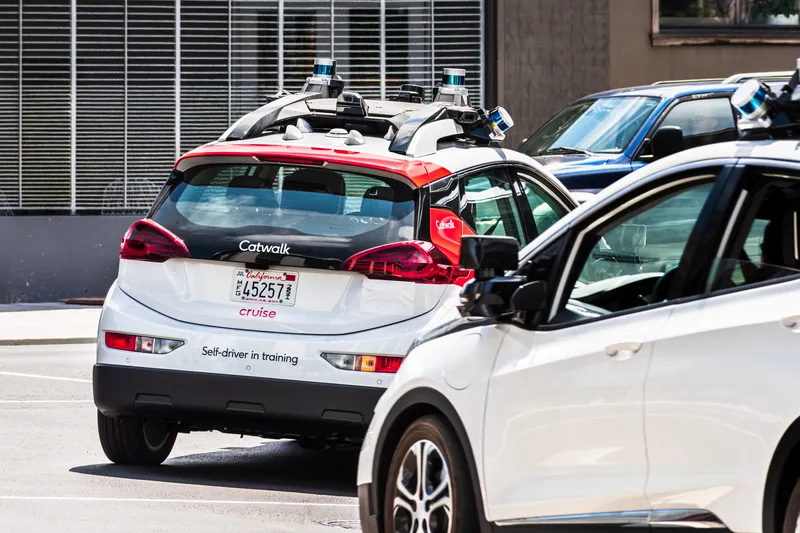Early results from a new study commissioned by
The General Data Protection Regulation, expected to come into force from May 2018, introduces the concept of data portability, intended to allow users to transfer their personal data to a third party upon request. This provision was drafted to ensure competition. However, data protection legislation alone may not be sufficient to ensure competition as there remain concerns over the latency and quality of the data to be provided.
"This study shows, without ambiguity, that most of the data generated by car users should be treated as personal data. It dismisses claims that exclusive access could be granted to vehicle manufacturers based on the nature of the data or liability obligations. While data protection legislation will provide some rights to users, it cannot replace sound technical and competition legislation to guarantee free choice and innovation." said Laurianne Krid, director general of FIA Region I.
The study also explores whether liability obligations grant a right to access data to manufacturers. Neither the product liability directive nor the produce safety directive obliges manufacturers to permanently monitor data once the vehicles are on the road. If such processing of data was needed, it must be based on consumer consent. Data should also be equally shared with component manufacturers.
The full study will be published in the coming weeks.
Car data is personal data, says report
Early results from a new study commissioned by FIA Region I indicates that most car data can be linked to a user and therefore should be treated as personal data.
June 7, 2017
Read time: 2 mins










